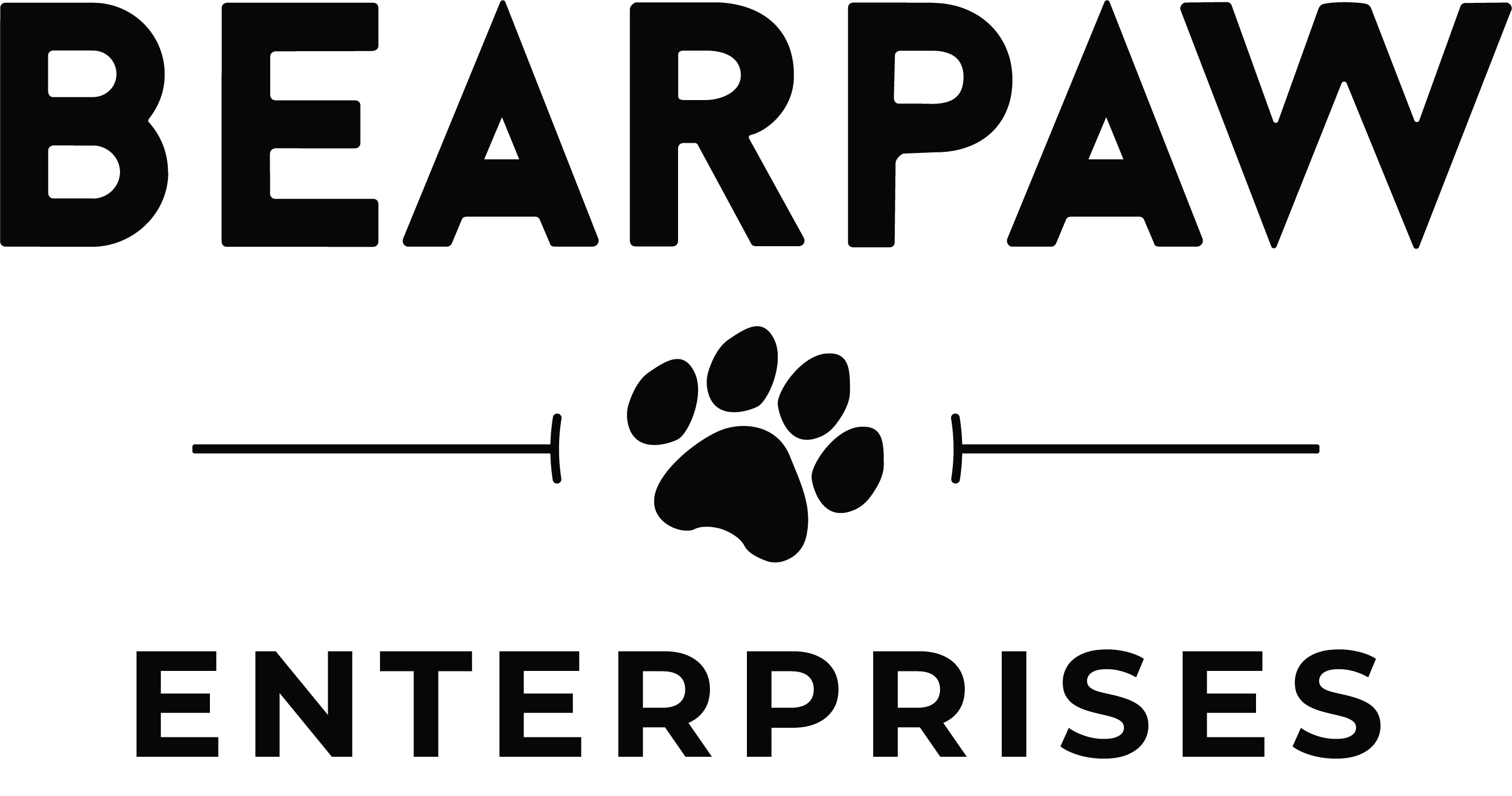Facebook is a dynamic tool that businesses can use to advertise their brand and expand their digital presence. The social media website offers businesses insight into consumers’ interests and the conversations people have regarding their brand, so they can run more effective campaigns and create a stronger targeted audience. To optimize your Facebook Ad success rate, your brand needs to cultivate a targeted list of contacts and customers. Facebook provides businesses with valuable resources and information on user’s demographics, interests and location to build their custom audience list. Not sure where to begin when building a custom audience for your brand’s Facebook ads? Here are three ways to maximize the benefits of your business’s Facebook advertising campaigns by improving your brand audience.
Utilize the competition
Take a look at a strong competitor’s active Facebook page, engagement on the page and fans of the page. Use this list of people who are already interested in a similar product or service that your business offers to begin building a custom audience list. Because these people are already fans of a similar brand’s page, they are either in the market for or have previously demonstrated an interest in the service or product your brand offers.
Not sure which business would be the best competition reference? Perform your own search query by typing in a phrase that a potential customer would search for when looking for a product or service your brand offers. Choose the top brands that appear on the SERP to use as a reference list of competitor’s pages and fans to begin building your targeted audience list.
Target the market’s following
In addition to specific business Facebook page searches, the website also offers users the ability to search for a general market or industry. By searching for a broad field relevant to your brand, Facebook searches its database to show top blogs, articles, publications or relevant media website pages. Add these top results to your brand’s Interest targeting section because the people that already engage with topics in your industry are more likely to show interest and engagement in your brand.
Find the influencers
With the continual rise of social media and the influence it has on consumers and brands, certain social media accounts and users have cultivated a substantial following of people who are considered influencers in a particular space. These accounts may be public figures, celebrities or someone who has established credibility in a specific industry. Because of their large following base, social media influencers have access to a large audience and can sway consumers because of their authority, authenticity and reach.
To find fans of influencers or public figures in your industry, search Facebook for popular people or celebrities associated with your brand’s product or service. If you’re not sure where to begin searching on Facebook, perform a search query on Google to find influencers in your field. Take the top results to search for these public figures’ verified Facebook pages and add the fans of these pages to your brand’s Interest targeting section.
Facebook is a powerful tool to grow your brand’s reach and increase your following. Make sure you improve your customized audience for Facebook ads by using these three tips to cultivate a strong, authentic following.
Bearpaw Enterprises is a full-service digital marketing agency in Atlanta that understands the ends and outs of Facebook’s interest-based audience creation system to propel your brand’s online presence, optimize your reach and stay ahead of the competition. Our digital marketing philosophy is simple––we work with your brand to turn your ideas into a compelling digital presence that tells your brand’s story and turns customers into fans. Looking for a digital marketing agency to escalate your brand? Let’s work together!



